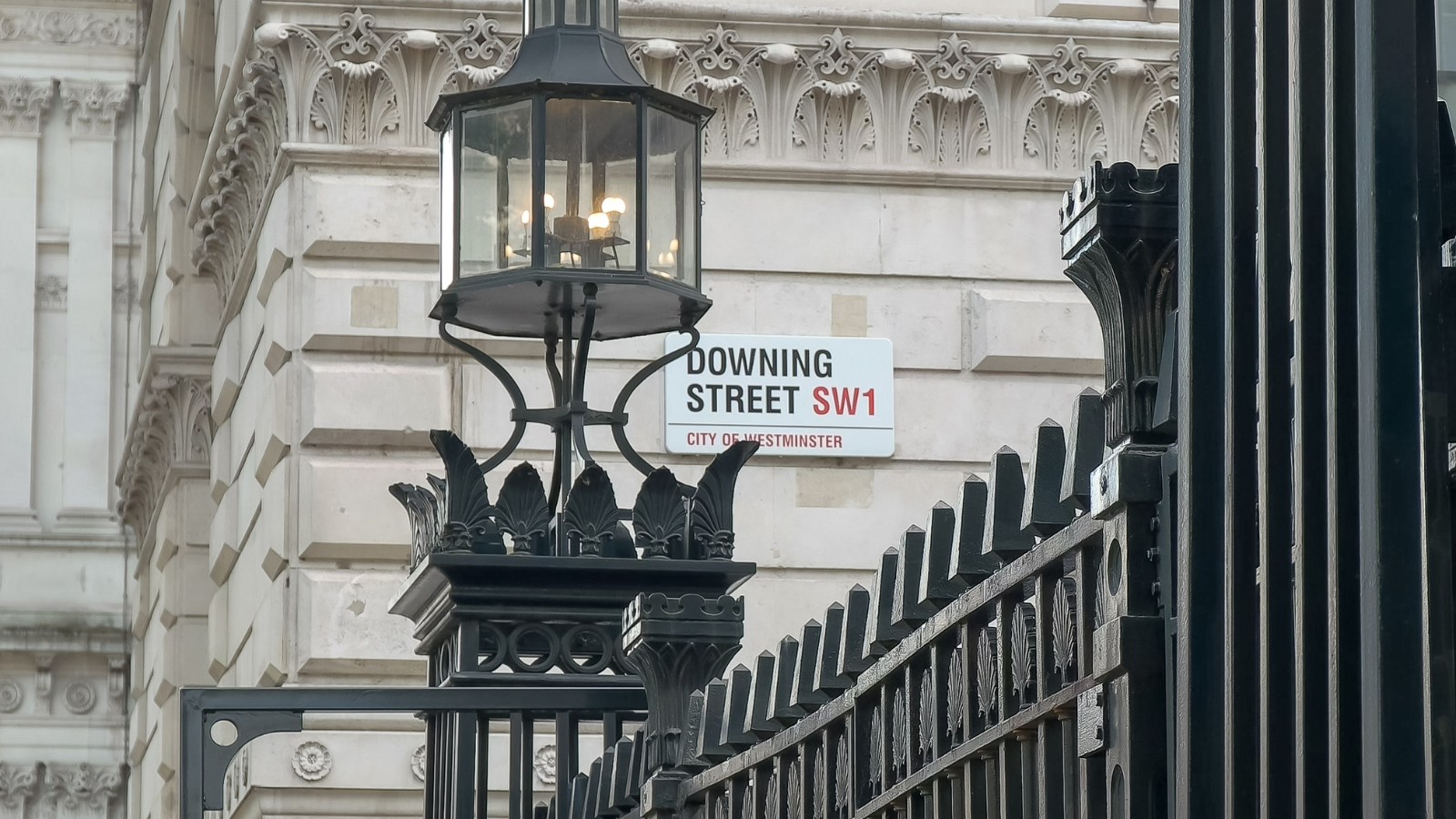
IR35 Repeal - What does it mean?
* Since this article was published, the UK Government has revised their ruling on IR35.
Chancellor Kwasi Kwarteng recently announced Government plans to reverse the IR35 ruling which was introduced in April 2021. So, with change on the way, what does it mean, what is the impact, and what happens next?
In an address to the House of Commons on 23rd September, Kwarteng outlined a mini-budget aimed at making significant changes to the current tax system, including a repeal of the 2021 IR35 reforms.
According to FT Advisor, Kwarteng declared, “To achieve a simpler system, I will start by removing unnecessary costs for business. We can also simplify the IR35 rules, and we will. In practice, reforms to off-payroll working have added unnecessary complexity and cost for many businesses. So as promised, by the prime minister, we will repeal the 2017 and 2021 reforms. Of course, we will continue to keep compliance closely under review.”
After announcing a delay to the IR35 changes in 2020 due to the COVID19 pandemic, the Government introduced the new measures in April 2021 with the intention of reforming the legislation for off-payroll employment, to ensure correct tax payments. The changes meant all public sector authorities and medium to large-scale private sector organisations had to determine and declare the employment status of any contractors hired.
As of 6th April 2023, when the repeal takes effect, those working through an intermediary (such as self-employed workers) will have the autonomy to determine their own employment status and will once again have to ensure they are paying the appropriate tax and National Insurance.
TXM Group Business Development Director, James Wall, comments: “With the announcement from the Chancellor during last weeks ‘mini-budget’ that the IR35 amendment made in 2017 (Public Sector) and 2021 (Private Sector) will be repealed, I have seen much speculation and excitement from employers, workers and recruitment agencies across various social media platforms and discussions I have had.”
TXM Group has been at the forefront of IR35 support ever since the reform’s inception, advising clients and contractors on determining statuses and ensuring compliance is met to avoid risk. TXM will continue to support clients on this change across the Group, offering consultative advice to undo some of the unnecessary changes that have been made.
James Wall continues: “The news is undoubtedly welcomed, given the backdrop of the lowest un-employment levels in history – combined with over 1.3m job vacancies in the UK. The greater flexibility for workers and employers / end users will see a return to the availability of candidates across the market. The greatest impact will be seen across the finance, healthcare, pharmaceutical, technology and engineering sectors which arguably had the greatest impact with the changes to the IR35 legislation. Whilst HMRC and The Treasury may claim that the ‘Off-Payroll’ legislation yielded £1.2B in extra tax, it is hard to quantify the obvious tax yield benefit without highlighting the adverse effect the legislation had on businesses being able to obtain the relevant workforce and skills required to navigate and grow post Brexit and the COVID pandemic.
It is worth noting that whilst ‘we’ in the world of recruitment and consultancy services celebrate the reversal of the amendment to the legislation, we must remain cautious given the impending change is only to Chapter 10 of ITEPA 2003 and will still be required to be passed during April 2023 Finance Bill. Chapter 8 of ITEPA 2003 will still remain, meaning IR35 will not disappear into the archives of law and the HMRC vaults. To this end, my advice would be employers / end users must still continue to comply and to conduct IR35 Status Determinations until April 2023 when the legislation has formally been repealed and should continue diligent compliance alongside professional advice from partners such as TXM Group.”
Need help understanding the new IR35 changes? Contact our team today for guidance.


